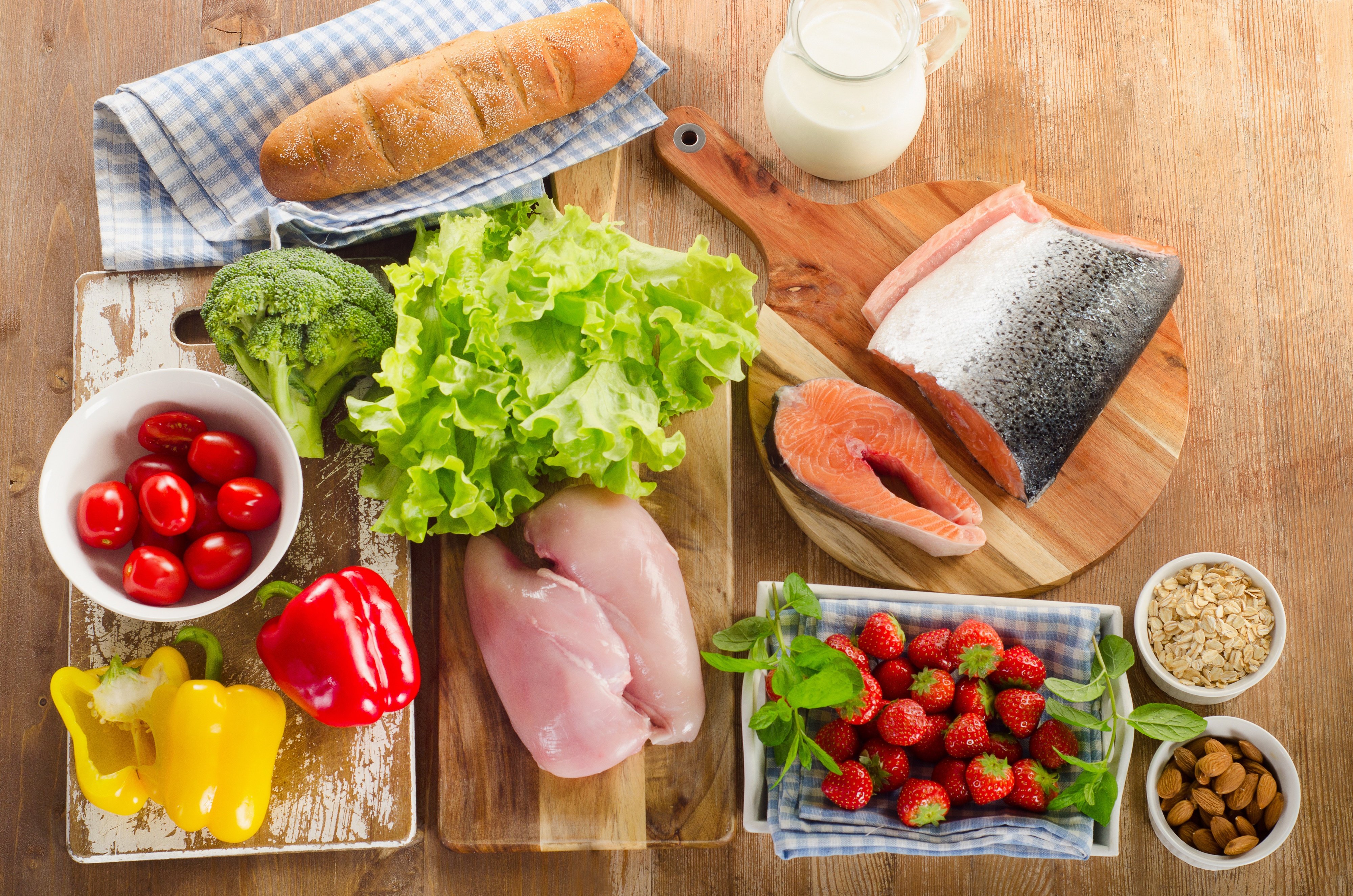Good Nutritional Habits for Student-Athletes
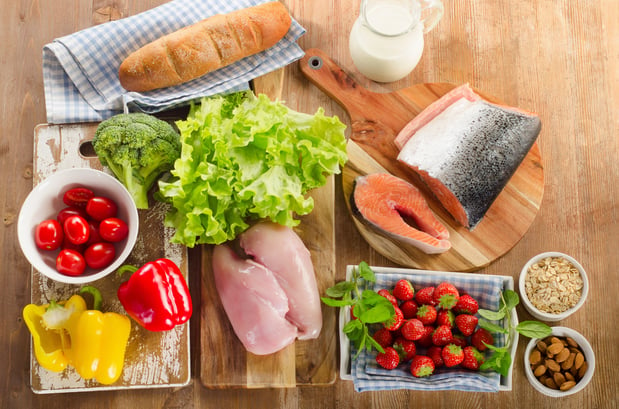
Nutrition is one of the most, if not the most, important aspects of being an athlete. The way an athlete treats their body before and after workouts on a daily basis can transform overall performance from being good to great. It is imperative to take time to prioritize and plan nutrition in order to keep your body healthy and happy!
Daily Nutrition:
Most athletes find themselves scrambling for time between practice and class. Being a student-athlete can be challenging and hard to manage at times, but it is critical to take time to eat the most important meal of the day: breakfast. Start the day off right with a healthy morning meal to give your body the energy it needs. If you’re tight on time, breakfast can be as simple as peanut butter toast, yogurt, or even cereal. If time permits, eat a big breakfast filled with lean protein and healthy carbohydrates to power the body throughout the day. Many people have a negative perception about carbs, but in reality, they help to keep the body energized and fueled. When you start to feel hungry, it means the body is running low on blood sugar and will have a hard time maintaining an elevated energy level. An easy way to avoid this problem is to pack healthy foods to snack on throughout the day. For instance, a handful of nuts, fruit, or even a protein bar depending on the intensity of your workout will give you the energy needed for success. The best way to fuel the body is to eat nutrient filled foods so the body can perform at an optimal level. Pasta with chicken, rice with a variety of vegetables, kale salad, and salmon are examples of foods high in nutrients and great for peak athletic performance. In order to eat healthy throughout the week, it is important to plan out meals and not settle for unhealthy food options. The more consistent you are with your dietary habits, the better your overall results will be.
Pre-workout:
Many people only focus on their post-workout nutrition, but pre-workout meals are equally as important. The most ideal time to eat a full meal is 2-3 hours before a workout. This gives the body enough time to digest and turn the food into useable energy. Examples of foods to eat before a workout would be a turkey sandwich on whole grain bread, oatmeal and a banana, or a salad with lean protein. It is best to stick to foods like these that will give the body enough energy for a workout. If you don’t have 2-3 hours to properly fuel before a session, be sure to train smart and think ahead. Eat a large breakfast that will provide energy throughout the morning and a protein bar or smoothie closer to the workout. If you plan to make your own smoothie, research protein powders and other ingredients to find the best recipe for your athletic needs. Greek yogurt, protein bars, and fruits are all great examples of healthy foods that could be consumed near the onset of the workout. This being said, all athletes process food differently so it is important to discover the best diet for you. Play around with different foods and meal consumption times to better understand how your personalized nutrition is affecting your performance.
Post-workout:
Lastly, we must talk about the importance of fueling the body after a grueling training session. As soon as a workout is complete, there is a 45 minute “window of opportunity” for the body to recover. While exercising, the body is being depleted of its nutrients making it important to eat a healthy meal following a session. Eating after a workout helps the body to recover not only by replenishing glycogen, but by decreasing protein breakdown and increasing protein synthesis as well. Foods that are high in protein and rich in carbohydrates, like chicken, salmon, vegetables, and nuts, should be consumed post-workout. If the “window of opportunity” is closing and there isn’t enough time for a meal, a great alternative is chocolate milk. Despite what some might think, chocolate milk has the ideal carbs-to-protein ratio for refueling tired and damaged muscles. Be sure to always refuel the body in order to get the most out of a workout.
Athletic nutrition check-list:
1. Plan your meals (including breakfast) and snacks.
2. Look at your class and practice schedule and find time to fuel up before your workout.
3. Refuel your body after your workout.
Being a student-athlete is all about balance. Going through this checklist will help you maintain a healthy body. A well-fed body is a happy body. Improvements in performance will show physically as an athlete and mentally as a student. Proper nutrition is very important for all athletes to think about. Take the time to reevaluate nutritional intake and habits. Fuel your body, feed your brain, and eat!
Related Posts
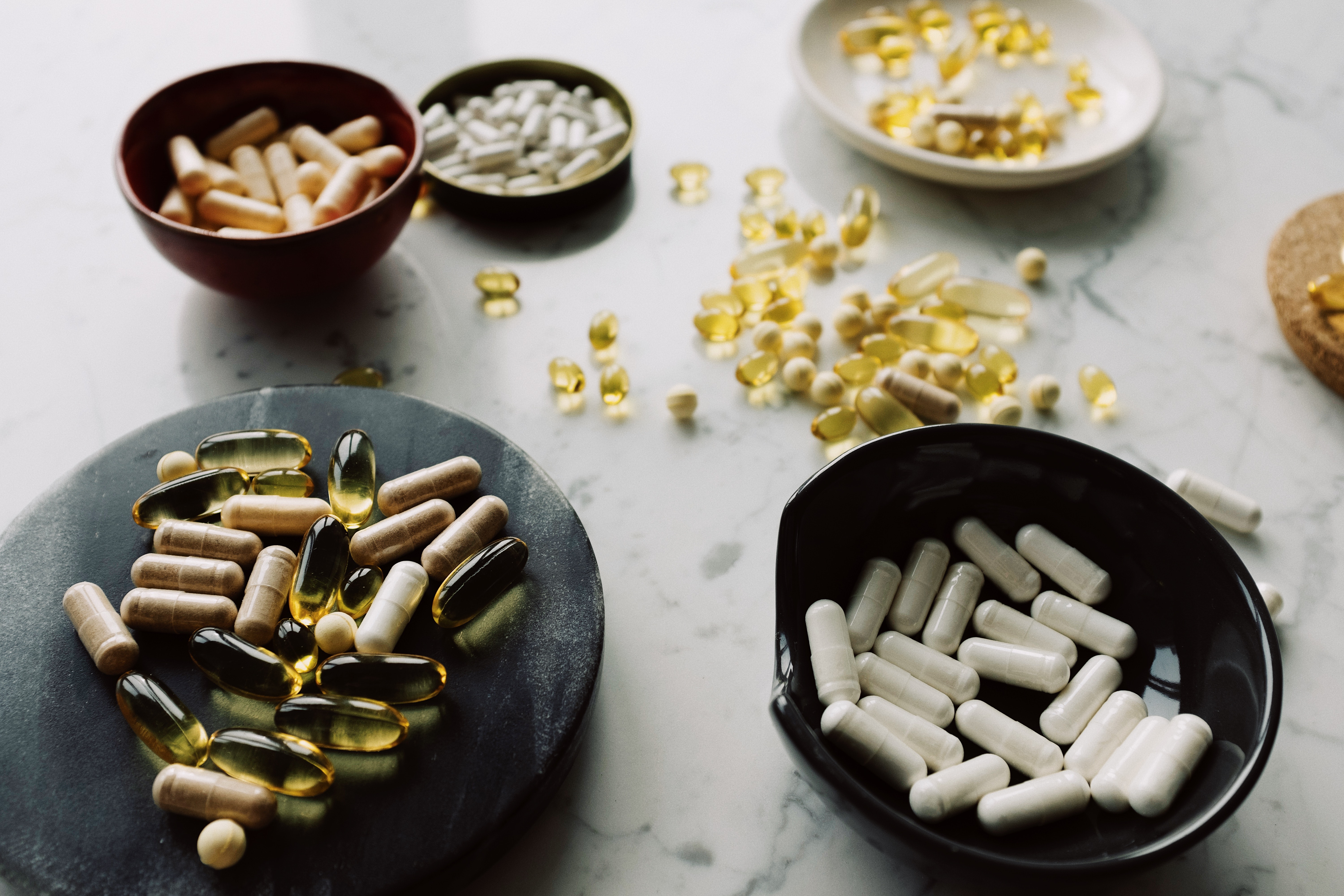
Supplement Safety with Tactical...
Dietary supplements seem like the "magic pill" a tactical operator needs to perform better,...
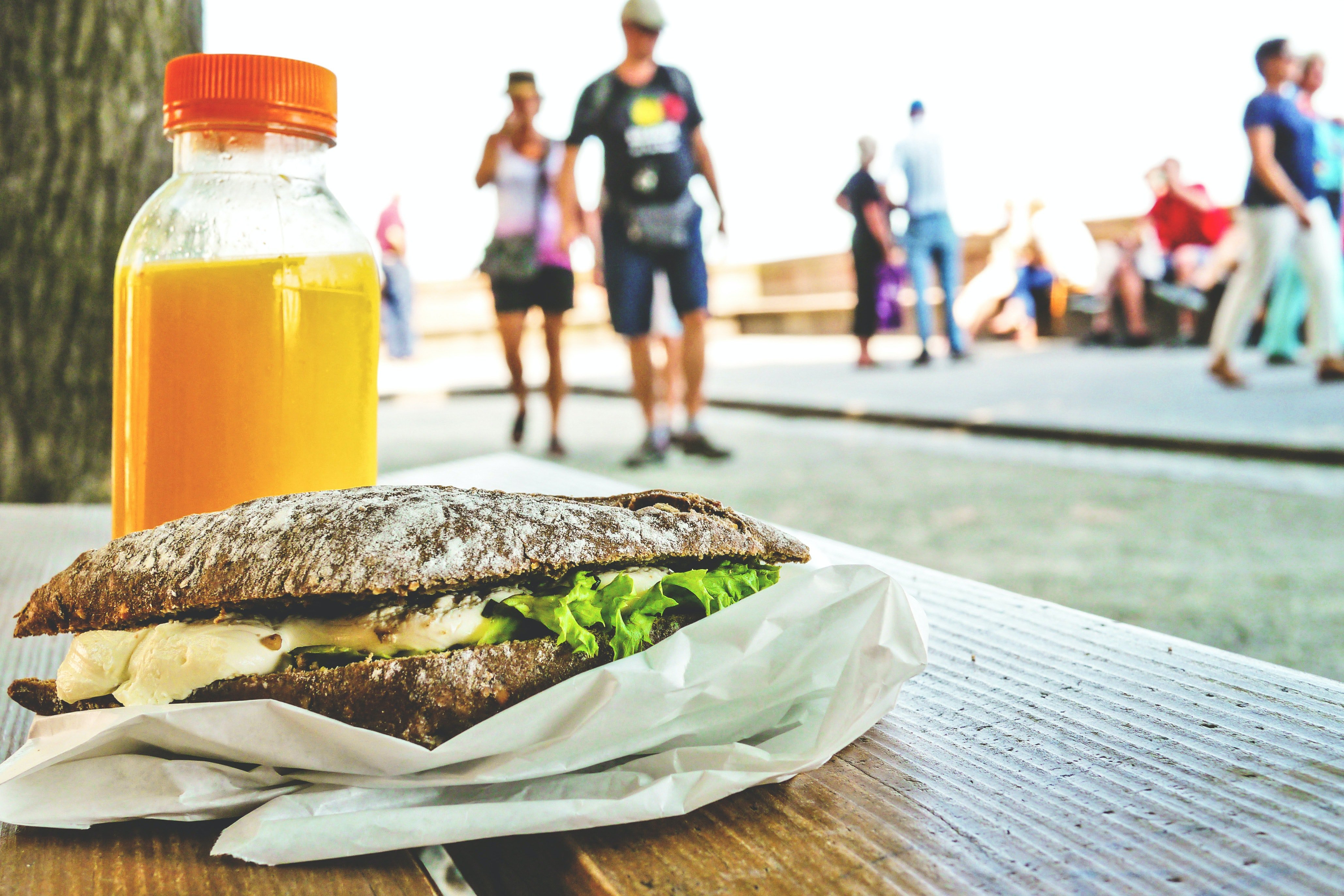
Eating Healthy on the Go: Tips for Busy...
It's no secret that tactical professionals have weird schedules. So why do health professionals...
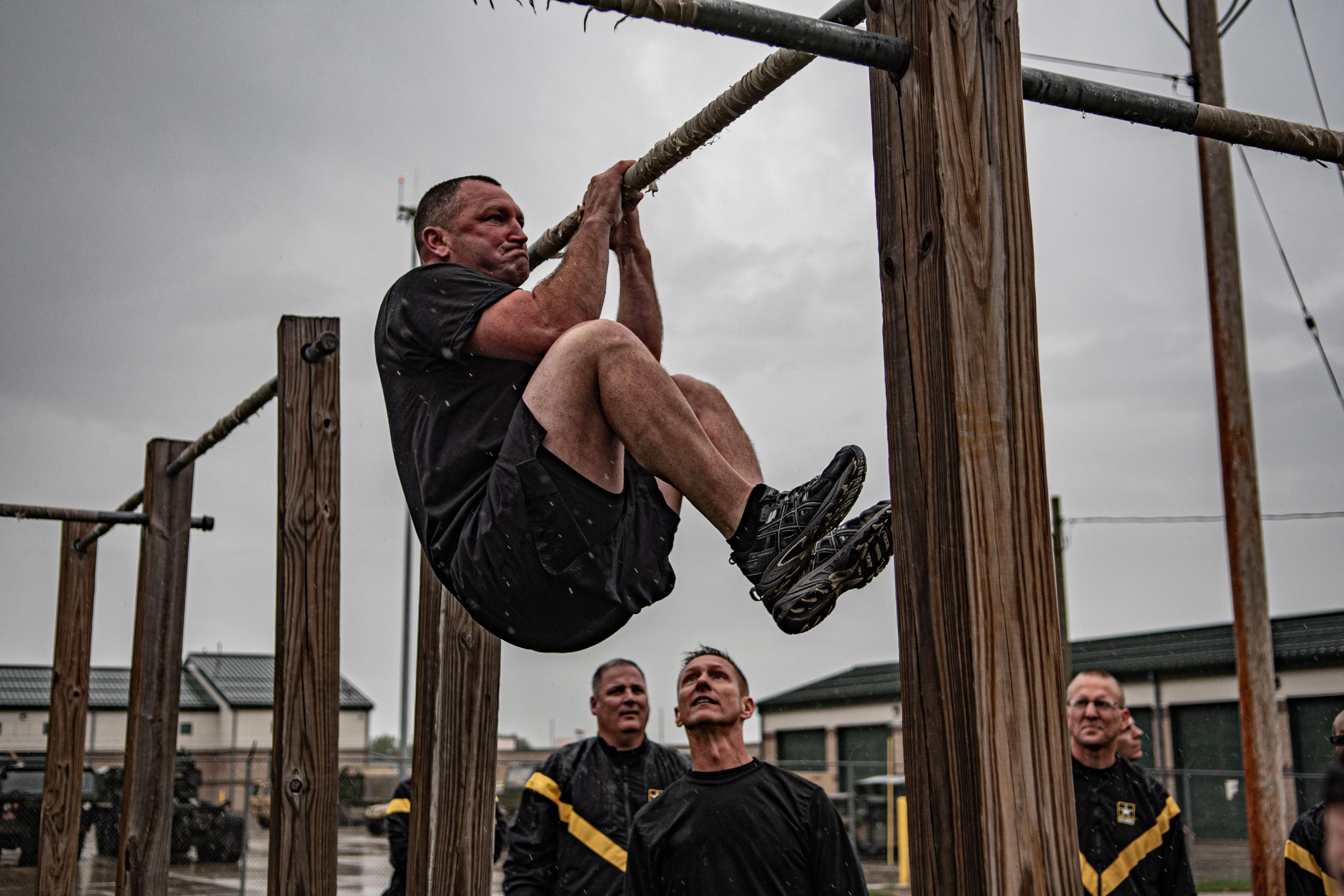
Post-Training Nutrition for Tactical...
Eating after a workout can be a challenge for tactical professionals. Having grab-and-go fuel...
.png?width=150&height=50&name=BRIDGEBLOG(1).png)
